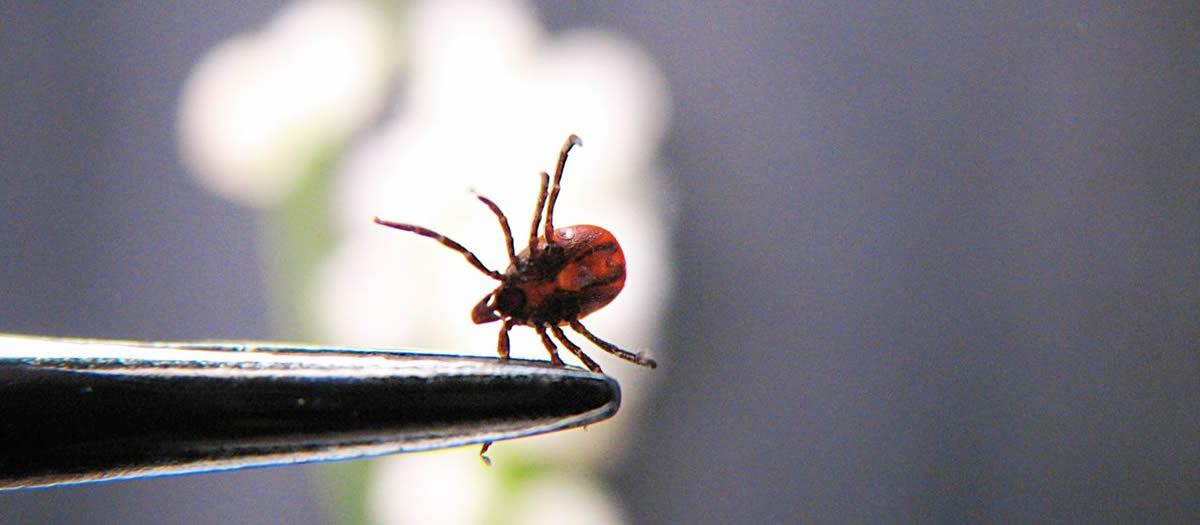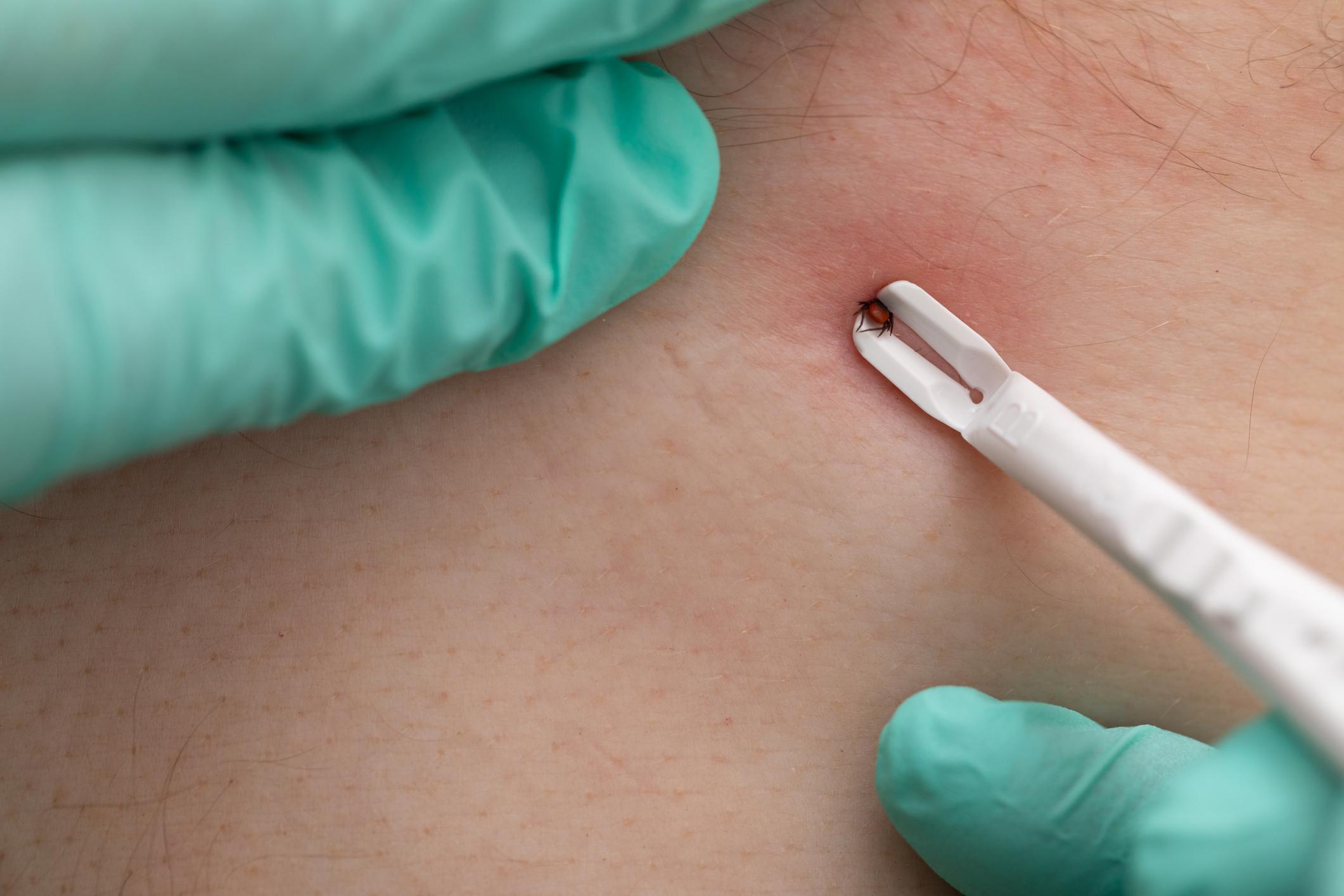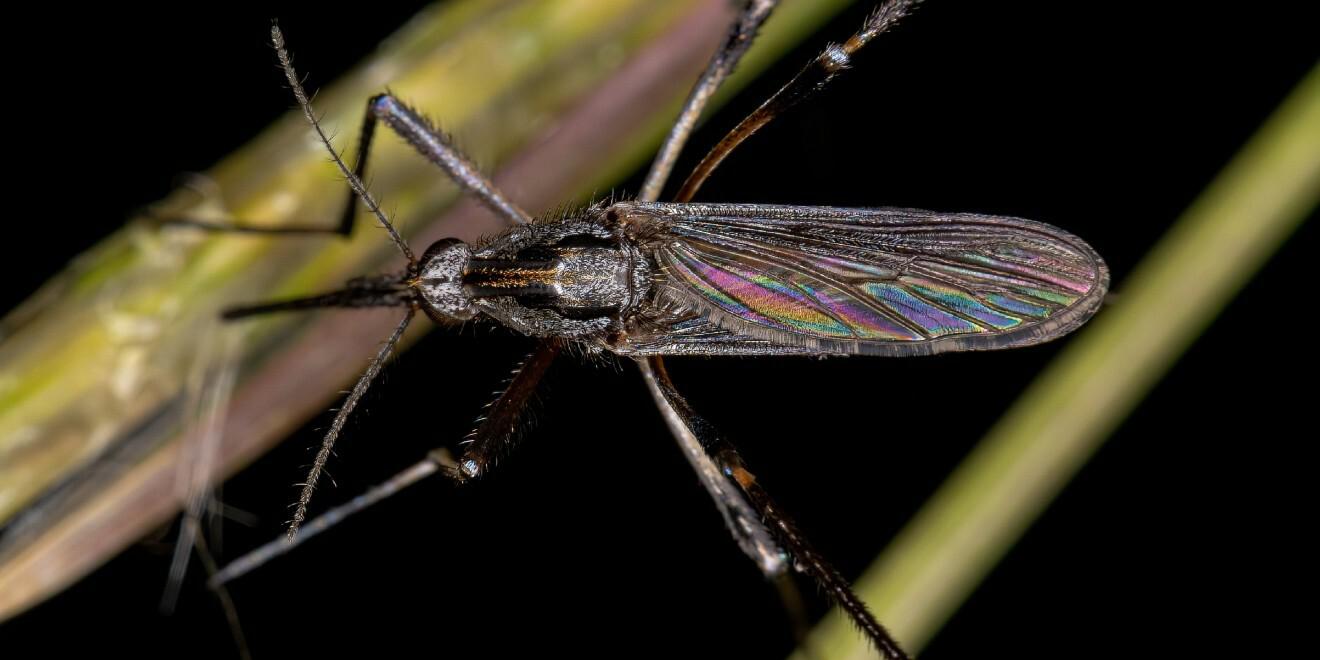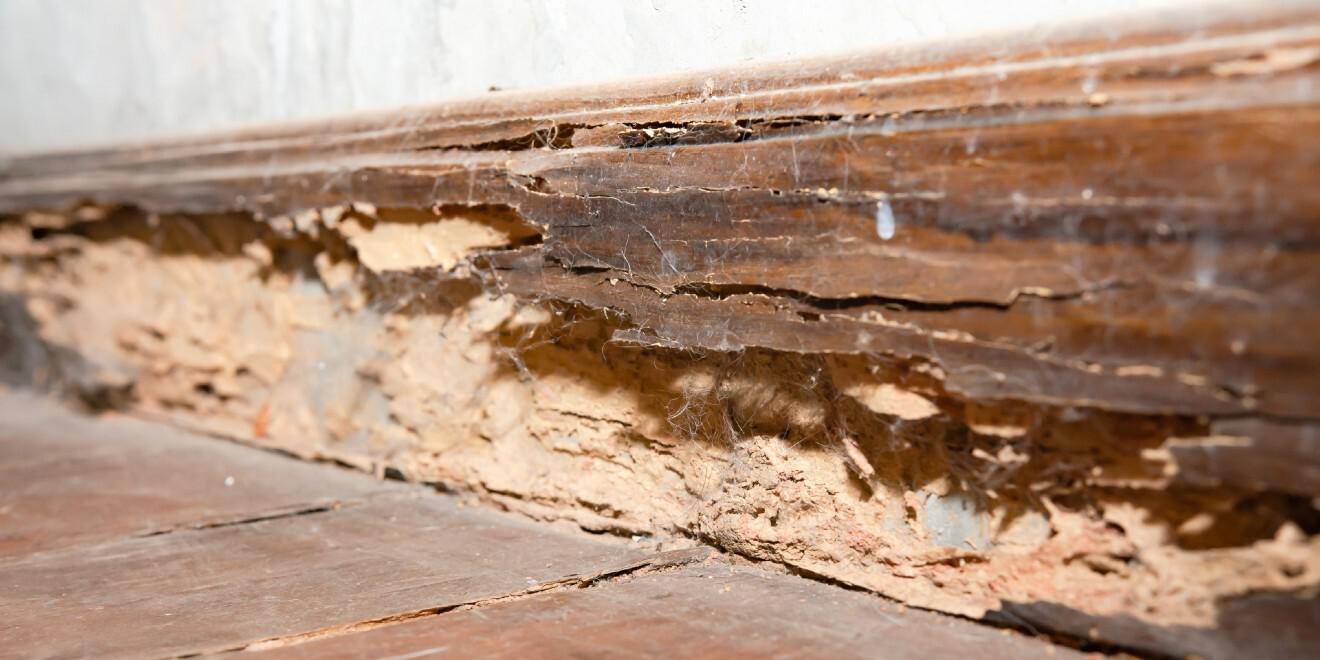Neighboring MO Officials Ask Residents to Collect Ticks
Posted by Mosquito Squad
July 12, 2024

Why are officials in neighboring St. Louis County MO asking residents to collect ticks?
St. Louis County MO officials have initiated a call to action for residents to collect ticks. This is part of a broader effort to better understand and manage the public health risks associated with these arachnids. This initiative is guided by several factors, including the need for enhanced tick surveillance and the growing prevalence of tick-borne diseases.
Why is tick surveillance so important?
There has been an enormous increase in tick populations, as well as expanding tick territories over the last few years. Warmer temperatures have provided these nasty pests with ideal conditions in which to live and breed.
Tick surveillance is important, as they are vectors for numerous pathogens that can cause serious illnesses in humans and animals. These include Lyme disease, Rocky Mountain spotted fever, and the potentially fatal Eastern equine encephalitis. By collecting ticks from locations throughout the county, public health officials hope to gain valuable data on the distribution and abundance of different tick species. This information is crucial for identifying areas with high tick activity and potential hotspots for tick-borne diseases. Enhanced surveillance allows for more accurate risk assessments and informs targeted interventions to reduce tick populations and human exposure.
The Rise of Tick-Borne Illnesses, Tracking Numbers and Responding Appropriately
Tick-borne illnesses have been on the rise in many regions, including neighboring St. Louis County. Climate change and deforestation resulting in increased interactions between humans and wildlife are contributing factors to this trend. As tick populations expand and their habitats encroach on human habitations, the likelihood of tick bites and disease transmission increases. By engaging residents in tick collection, county officials can monitor changes in tick populations and pathogen prevalence over time. This proactive approach helps in early detection of emerging threats and facilitates timely responses.
Tick Surveillance Through Citizen Science
Community involvement is another significant aspect of this initiative. By enlisting residents to participate in tick collection, officials can leverage the collective effort of the community. Gathering this extensive data would be difficult to achieve through traditional means alone. A citizen science approach fosters greater awareness and education among residents about ticks and tick-borne diseases. When individuals are engaged in such projects, they are more likely to adopt preventive measures.
Furthermore, the data collected through this initiative can support ongoing research efforts aimed at understanding tick ecology and disease transmission. Researchers can analyze the collected ticks for a variety of pathogens. They can additionally study genetic diversity and investigate factors that influence tick behavior and survival. This scientific knowledge is essential for developing effective strategies to mitigate the impact of tick-borne diseases on public health.
Search for Maryville tick control and get in touch with Mosquito Squad of St. Louis Metro East.
Mosquito Squad of St. Louis Metro East is thrilled to offer Maryville tick control services, including tick control, mosquito control, rodent control, spider control, and more. From mosquitoes and ticks to gnats and stink bugs, we hope to be your first choice for outdoor pest control in Maryville IL and surrounding areas. Contact us today at (618) 221-5139 or by filling out our form online.















